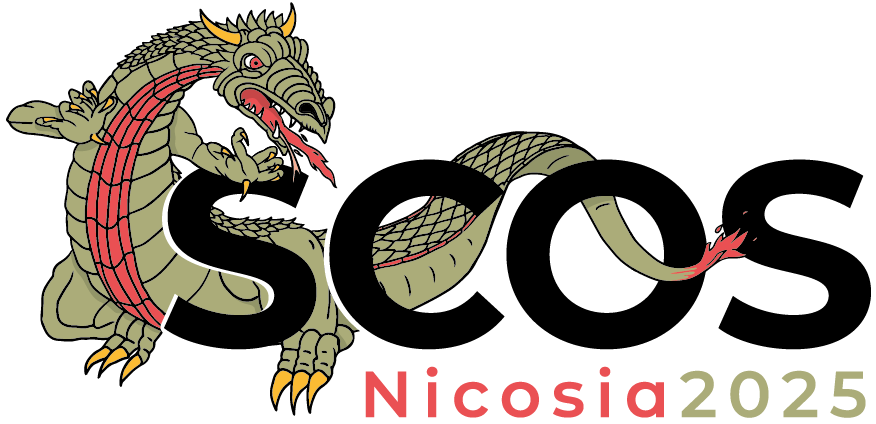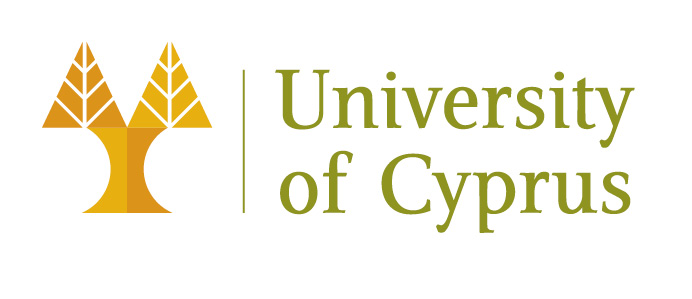About SCOS
SCOS is a global network of academics and practitioners, who hail from a hugely diverse range of disciplines and professional backgrounds. We were formed in 1981, originally as an autonomous working group of the European Group for Organizational Studies, but have been an independent academic venture for over 35 yearly conferences. Our central interest is in the interlinked issues of organizational symbolism, culture and change, articulated in the broadest possible sense and informed by our commitment to interdisciplinary and transdisciplinary understandings of organization and management. Thus our work draws, inter alia, from organization studies, social anthropology, cultural studies, media studies, philosophy, history, politics and social psychology. The SCOS philosophy is ‘serious fun,’ which perfectly captures the experience of attending our annual international conferences or regular workshops. Serious, because we are dedicated to the development of unusual and groundbreaking ideas in the analysis of organization, organizing, management and managing. Fun, because the members of our network provide a continual source of enthu-siasm, support and inspiration for each other: for SCOS the social side of our activities is an essential – indeed indistinguishable – element of our intellectual and practical endeavours.
As well as our conferences and workshops, we also support our official journal, Culture and Organization (C&O). Published by Taylor and Francis, the journal was launched in 1995. C&O represents a unique platform for some of the most original and innovative scholarship in the broad field of qualitative management and organization studies. It exemplifies the SCOS tradition of a critical approach to qualitative research that crosses traditional disciplinary and functional boundaries as well as providing reflection on the forms this work takes, the methods it adopts and the voices it represents.
Important Dates
- Submission Deadline: January 13th, 2025 – February 10th, 2025 (Extended)
- Notification of Acceptance: February 28th, 2025 – March 13th, 2025 (extended)
- Early/Author Registration: May, 12th, 2025
Theme
Drawing from but extending beyond local crossings, the 2025 Standing Conference of Organizational Symbolism seeks to engage with what ‘crossing’ and ‘crossings’ mean, especially in a world that seems increasingly polarized and divided. Submissions are encouraged to explore acts of ‘crossing’, ‘transversing’, and ‘reaching across’, but also how we define the notion of ‘boundaries’ both symbolically and in practice. Crossing and boundaries may be physical, mental, emotional, social, cultural (Duarte & Hodge, 2007), geographical (Rottenburg, 2007; Muhr 2012), organizational, disciplinary, visual, identity-based or other. Boundaries may be solid or fluid (Kreiner & Schultz, 1995), visible or invisible, obvious or hidden, externally or internally imposed, socially or emotionally constructed (Prasad, 2014), sometimes hostile and sometimes needed or even wanted. As a result, crossings and boundaries may be fundamental to organisation and organizing – Read More
Special Lufthansa Group airlines fares for flights to Larnaca or Paphos.
Click here for more information

Discover CYPRUS

Cyprus is the third largest island in the Mediterranean with an area of 9.251 sq. kms. Cyprus has 5 lovely Botanical Gardens that one can visit and spend a relaxing day.

